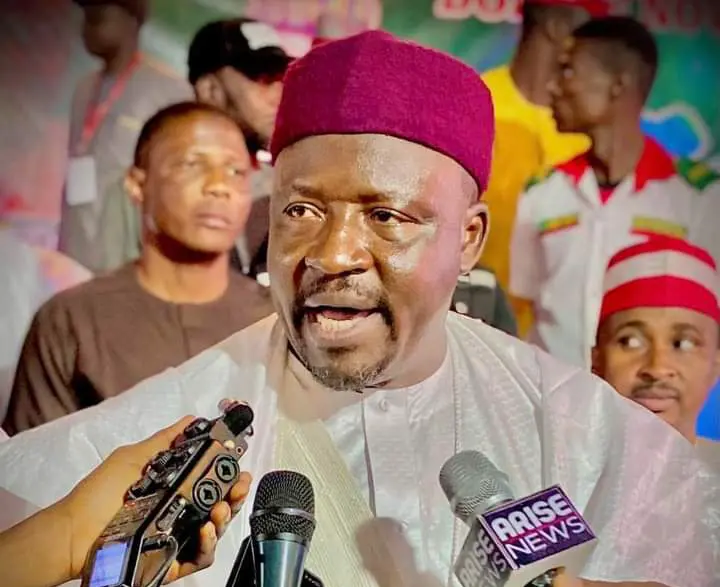Senator Suleiman Abdulrahman Kawu Sumaila has expressed concern over the persistence of poverty and youth unemployment in local communities despite significant funding allocations to Local Governments. In an interview, the Kano South senator noted that the 44 Local Government Areas in Kano State received ₦130.74 billion between January and June 2025, with little to no improvement in living conditions for residents.
A breakdown of the funds allocated shows that Kano Central’s 15 Local Government Areas received ₦49.42 billion, while Kano South’s 16 areas got ₦45.46 billion, and Kano North’s 13 areas received ₦35.87 billion. Nassarawa Local Government Area received the highest amount, with ₦5.12 billion, whereas Tofa Local Government Area received the least, with ₦2.34 billion.
Despite this substantial funding, Senator Kawu pointed out that youth unemployment remains high, above 40 percent in many states, and healthcare and educational facilities are underfunded. He attributed the problem to the lack of autonomy for Local Governments, which hinders the effective use of resources. According to Kawu, if Local Governments had the autonomy to manage their allocations, they could address pressing issues such as youth employment, empower local contractors, and upgrade essential services like schools and hospitals.
The senator emphasized the need for urgent reforms to guarantee financial and administrative independence for Local Governments. He argued that autonomy is essential for ensuring accountability, transparency, and tangible results at the local level. Until such reforms are implemented, Kawu warned that poverty and unemployment will persist, regardless of the amount of funding allocated from the Federation Account.
The issue of Local Government autonomy is not new in Nigeria, where the central government has traditionally maintained significant control over local affairs. However, proponents of autonomy argue that it is crucial for promoting grassroots development and addressing the unique needs of local communities. As the debate continues, Senator Kawu’s comments highlight the need for a more effective and responsive system of governance that prioritizes the welfare of citizens at the local level.
